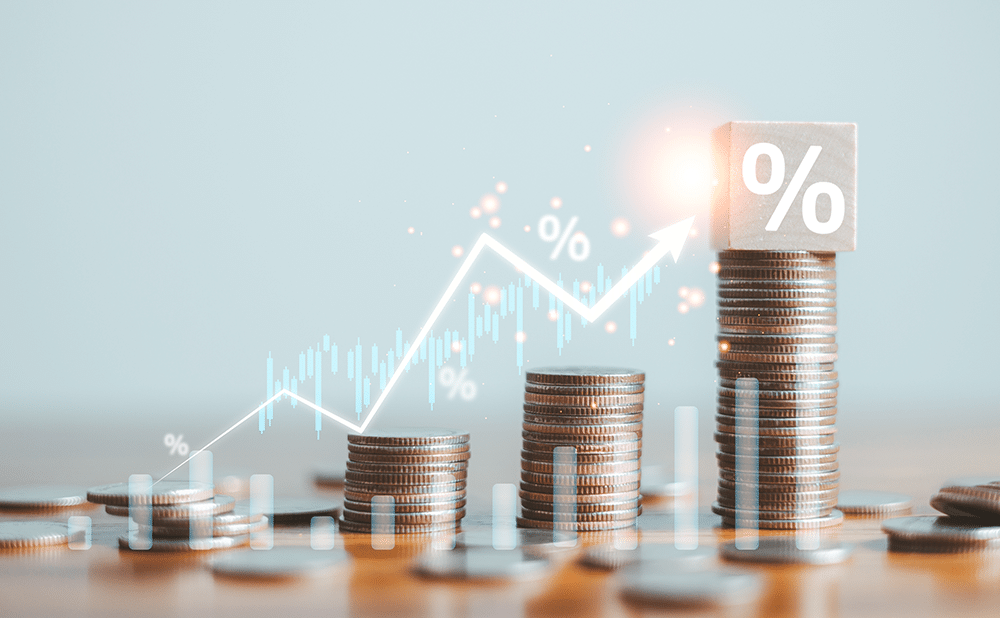
 Jayson Hardie – Managing Partner – (636) 256-5712
Jayson Hardie – Managing Partner – (636) 256-5712
Spoiler: It’s more than just how you put your pants on.
Before you hit me with the reflexive “Pfft”, give this a minute.
Sure, you and Warren Buffett both put your pants on one leg at a time. That’s biology. But believe it or not, you may also share a smart financial trait with one of the world’s richest men: understanding the power of a mortgage.
Let’s talk about how Warren Buffett—a guy who could’ve bought just about any house with cash—chose to take out a mortgage instead. Yep, even billionaires borrow money when it makes good financial sense.
Buffett’s Big Bet (on stocks, not bricks)
In 1971, Warren Buffett bought a home in Laguna Beach for $150,000. He took out a $120,000 mortgage, even though he could have written a check for the full amount. At the time, mortgage rates were about 7.5%—not exactly cheap by today’s standards.
So why take on the debt?
Because Buffett knew about opportunity cost. Instead of tying up that $120K in real estate, he invested that $120K in his company, Berkshire Hathaway. And the return?
Just a casual $2 billion.
Not a typo. That’s billion, with a “B.”
Wait—What’s Opportunity Cost Again?
Opportunity cost refers to the value of the alternative that you give up when you choose one thing over another. In this case, Buffett weighed two choices:
- Pay cash for the house and own it outright.
- Take a mortgage and invest the cash instead.
The 30-year mortgage on $120,000 at 7.5% would have cost him about $302,060 in total, meaning the loan itself cost him $182,060 in interest.
But investing that same $120,000 in Berkshire Hathaway netted him $2 billion.
Safe to say… he made the right call.
But You’re Not Warren Buffett
And that’s okay. Most of us aren’t—or we wouldn’t be reading blogs about mortgages.
But here’s the kicker: even average investors have access to the same principle. The S&P 500, a basic basket of large U.S. stocks, has historically returned about 10.5% annually. If you had invested that same $120,000 into an index fund back in 1971, instead of putting it toward a home, it would be worth over $22 million today.
Let that sink in.
So, What’s the Takeaway?
Even if you’re not a stock market guru, the math still supports this truth:
Investing extra cash in the market is usually a smarter long-term move than paying down or avoiding a mortgage.
A mortgage lets your money stay flexible. You can use that liquidity to invest, grow wealth, or even seize opportunities that pop up—just like Buffett did. A home may be your biggest purchase, but it doesn’t have to be your biggest financial commitment.
Pair This With Your Real Estate Goals
This ties perfectly into our earlier point: real estate is a stable, long-term asset. And by financing your home, you don’t just live in a place that gains value over time—you free up cash that could grow in even bigger ways.
You don’t have to be Newton or Buffett to understand that using money wisely is smarter than sitting on it, or sinking it all into bricks and drywall.